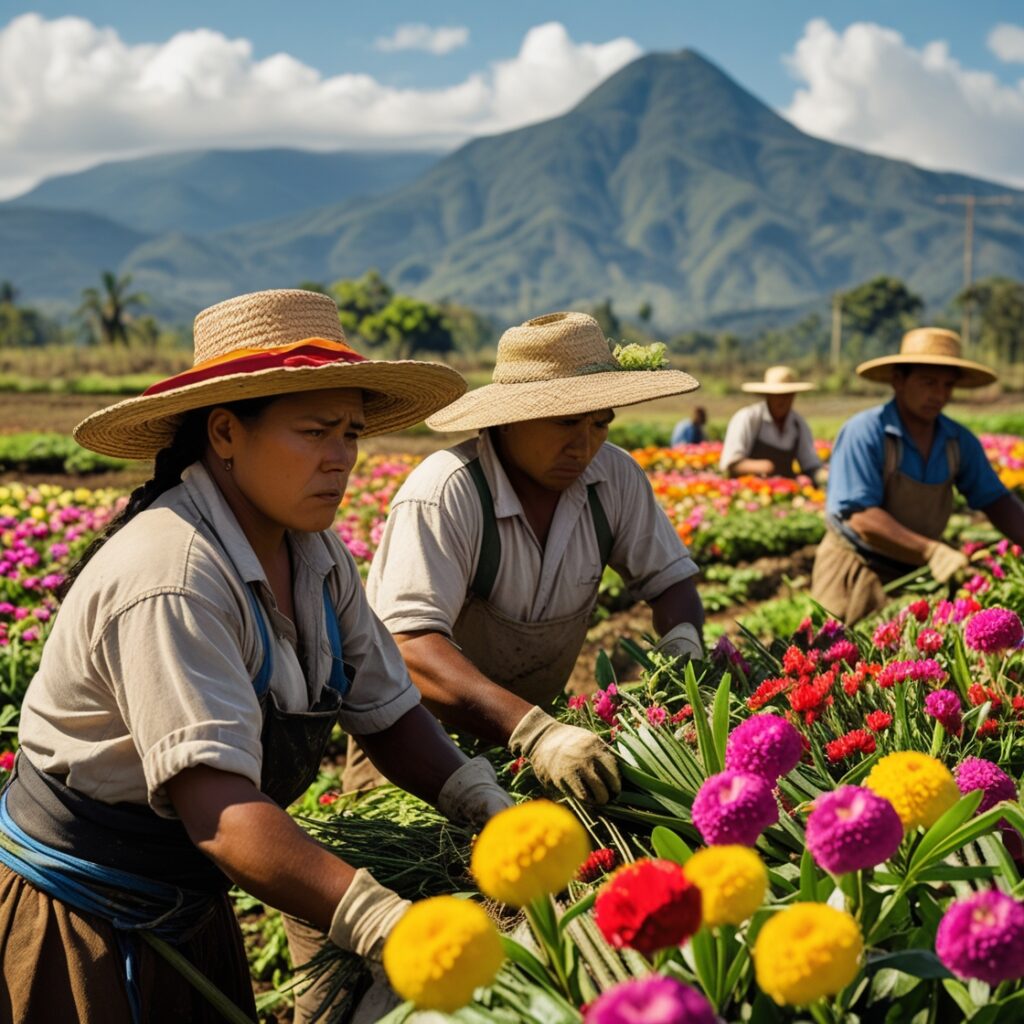Why the US-Colombia Dispute Matters

The recent standoff between the United States and Colombia, sparked by President Donald Trump’s deportation policies and threats of economic sanctions, has captured global attention. This high-stakes political clash highlighted not only the complexities of international trade relations but also the human cost of immigration policies.
This article provides a comprehensive analysis of the events leading to the conflict, the broader implications for both nations, and what this means for the future of US-Colombian relations.
What Sparked the US-Colombia Dispute?

The controversy began when Colombian President Gustavo Petro refused to accept two US military aircraft carrying Colombian deportees. Petro criticized Trump’s methods, stating that deported migrants were not being treated with dignity and respect.
In response, President Trump threatened Colombia with steep tariffs—25% on all Colombian imports, with a potential escalation to 50%. He also announced visa restrictions on Colombian officials and their families, further straining diplomatic ties.
Economic Consequences: What’s at Stake for Both Countries?

For the United States:
The US heavily relies on Colombia for essential imports like:
- Flowers: Nearly 66% of the US’s cut flowers come from Colombia, especially significant with Valentine’s Day approaching.
- Coffee: Colombia is the second-largest coffee supplier to the US, behind Brazil.
- Other Imports: The US also imports crude petroleum, gold, and bananas from Colombia.
Had the tariffs been implemented, American consumers would have faced higher prices for these everyday goods, especially flowers and coffee.
For Colombia:
Colombia’s economy is deeply tied to the US, its largest trading partner. In 2024, the US imported goods worth $16 billion from Colombia, while Colombia imported $17 billion worth of US goods.
A tariff war would have:
- Threatened thousands of jobs in Colombia’s oil, coffee, and flower industries.
- Caused the Colombian peso to devalue, leading to inflation and increased economic risks.
Political Ramifications: Diplomacy on the Brink

The standoff brought US-Colombian relations to a tipping point. Petro’s defiance earned him praise domestically for standing up to Trump but risked long-term economic consequences. On the other hand, Trump’s hardline approach emphasized his focus on immigration enforcement, a cornerstone of his 2024 campaign.
The resolution came late on Sunday, with Colombia agreeing to accept deportees under US terms. Petro’s government announced plans to use a presidential plane for deportee transport, aiming to restore dignity to the process.
Historical Context: Deportation and Tariffs as Policy Tools

Deportation Flights:
Deportations are not new in US policy. However, Trump’s use of military aircraft for this purpose marked a significant departure. Since 2021, nearly 28,635 Colombians have been deported from the US, with a sharp rise in 2024.
Tariff Threats:
Trump has frequently used tariffs as a geopolitical weapon. Past targets have included China, Mexico, and Canada. This latest episode reinforces his willingness to leverage economic pressure to achieve political aims.
Future Implications: Lessons from the Standoff
This incident highlights the fragile balance between enforcing immigration policies and maintaining healthy trade relationships. For Colombia, diversifying trade partners may become a priority to reduce dependence on the US. For the US, Trump’s approach may have short-term victories but risks alienating key allies.


